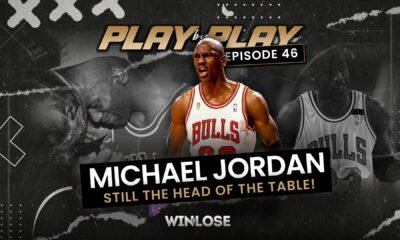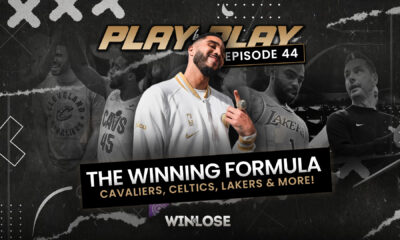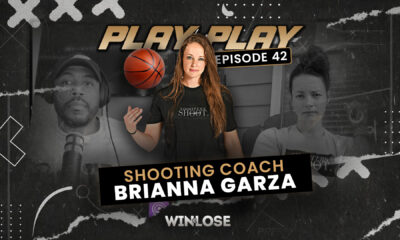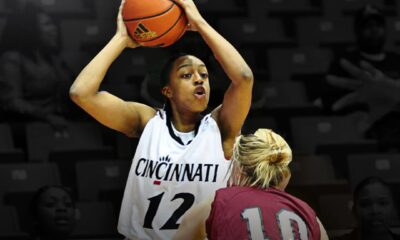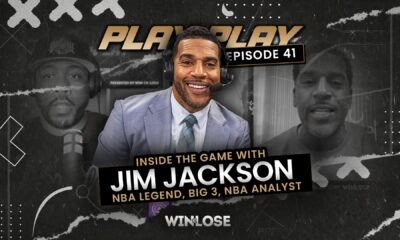Basketball
Exclusive Interview with NeShaun Coleman: From Court Star to Coach

In an exclusive interview, we sat down with NeShaun Coleman, former Ohio State point guard, to discuss his journey from a celebrated player to a dedicated coach. Coleman shares his experiences, challenges, and insights into the world of AAU basketball coaching.
Q: Can you tell us about your transition from playing to coaching?
I started coaching AAU basketball right after I graduated college in 2000. The youth that I coach were at the very beginning stages of learning basketball. I went on to start coaching with Dennis Hopson when he started Hopson Elite in Columbus. After that, I coached with All Ohio Red in the Nike EYBL Circuit. I took a few years off and switched over to coach my daughter in the second grade.
Q: What were some of the biggest challenges you faced in this transition?
The biggest challenge was transitioning my passion for playing to putting the same amount into coaching. The second challenge was figuring out that sometimes I held these young people to the standard of a high major Division 1 basketball player, and that was not fair to them. I had to learn how to develop talent and bring the best out of each individual.
Q: Has your perspective on basketball changed since you started coaching?
I don’t believe that my perspective has changed at all. I have a saying that I learned when I was young living in Racine, Wisconsin before I moved to Toledo: “Hard Work Beats Talent If Talent Doesn’t Work Hard.”
Q: What are your goals for the young people you coach?
I want every young person I coach that has the goal of playing college basketball to achieve that goal. That orange ball has done a lot for me, taken me places, and introduced me to people that others would dream of meeting. Former President Bill Clinton and Nelson Mandela, just to name a few. So, if this is what my players want, it’s my job to do everything in my power to help them get there.
Q: What do you enjoy most about coaching?
Teaching. To watch a player retain what I teach them, apply and perfect the skill. Nothing is better than seeing progress and improvement.
Q: Do you think great players make great coaches?
I believe it’s part of it. I also believe that playing can be a big part of becoming a great coach along with a number of other things. I feel like your players have to buy into what you’re teaching and be disciplined enough to execute it. It’s your job as a coach to prepare them for that. No excluding all the other hats you wear: teacher, father, mother, counselor, Uber driver, etc.
Q: How do you stay updated with new coaching strategies and techniques?
I’m way more lucky than most coaches. I have a bunch of former and current coaches that I keep in close contact with who are and have coached on every level. I have current and former players that I keep in close contact with. The internet is a beautiful thing. Basketball is universal. It’s played all over the world. People post everything from plays to drills. Everyone borrows from everyone.
Q: How important is AAU basketball for college recruitment?
Exposure!!!! If I am a college coach, I can see a number of potential recruits in one weekend from 4th-11th grade and sometimes 12th grade, instead of going to a high school game and seeing maybe 2-3 players. This is why the majority of the open periods for colleges to recruit is during the spring and summer.
Q: What life skills do players gain from participating in AAU basketball?
It teaches them how to compete at a high level consistently, or you can be embarrassed. It teaches how to deal with adversity. Basketball is unlike other sports because you can’t hide behind a mask like football. Everyone sees your emotions and body language. You have to control those emotions the best you can.
Q: Do you have a favorite coaching memory?
There is no way I can just pick one. I’ve coached so many players at so many levels. My favorite thing about coaching AAU to date is coaching my 13-year-old daughter and seeing her face when I run into people I know who emphasize that they felt I was a really good player but more importantly how much love they show me about being a good dude.
Q: Do you think your history as a player affects your coaching?
I think it’s the opposite. The players never saw me play, but their parents have. They have to get accustomed to how high my expectations are for them. I respect the game too much not to put my all into coaching.
Q: What are the key qualities you look for in a player?
Defense, effort, and being coachable. Sometimes the ball just won’t go in the basket, but you can always find a way to contribute to your team being victorious. That starts and ends with defense, effort, and being coachable.
Q: What is the most challenging aspect of coaching today’s youth?
Teaching fundamentals and doing skill development isn’t the hard part. Unlocking the creative part of the brain is difficult. The youth these days are sometimes overtrained. They don’t play enough pick-up ball anymore. In my day, we would go from Smith Park to the Pond to play.
Q: What advice do you have for young athletes aiming to improve?
Being coachable, working hard, and trusting the process. Every player develops at a different pace. The key is not to peak. For the player to keep improving and becoming more consistent.
Q: How do you build a successful team?
By having a good group of parents and players. I personally will pass on a great player if I don’t have a good vibe from the parents. I try to locate the parent to see how they are acting in the stands. If they are negative, if they are trying to override the coach, if the player is listening to their parent instead of the coach. I feel like I can help a player improve. I can’t change an adult and how they behave.
Q: Can you share a memorable player you’ve coached?
I can’t talk about a specific player. There have truly been too many, and I’m still coaching.
Q: What advice would you give to someone considering a career in coaching?
IT’S A SACRIFICE. If you’re not ready to sacrifice a whole lot, if you’re not ready to work harder than you ever have, if you are not mentally tough, if you cannot handle adverse situations on a regular basis, then rethink it. The expectations are high. The pressure is no joke. If you like or love the game, it is super difficult. If you are truly in love with the game, then the sky is the limit.
Q: How important are parents to the success of a team?
I have been so blessed because I have had some phenomenal parents. Parents can make or break a team. When parents and players are realistic, when they are all on the same page, when the players really like/love each other, and when they trust the process and the coach… It’s BEAUTIFUL!! There’s not enough space to explain what it’s like when things go the other way!
Q: What are your future plans in coaching?
I only have a few more years left. I feel like I have given back in so many ways to the game that has given me so much. My ultimate goal is at the end to have every player on my team receive a scholarship to play basketball so I can travel to watch them play in college. Hopefully, their schedules don’t conflict with my daughter’s!
NeShaun Coleman’s dedication and passion for coaching shine through as he continues to inspire and guide young athletes. His journey from player to coach is a testament to his love for the game and his commitment to helping others achieve their dreams.
Basketball
Play by Play Ep 49 | Edward T McCants
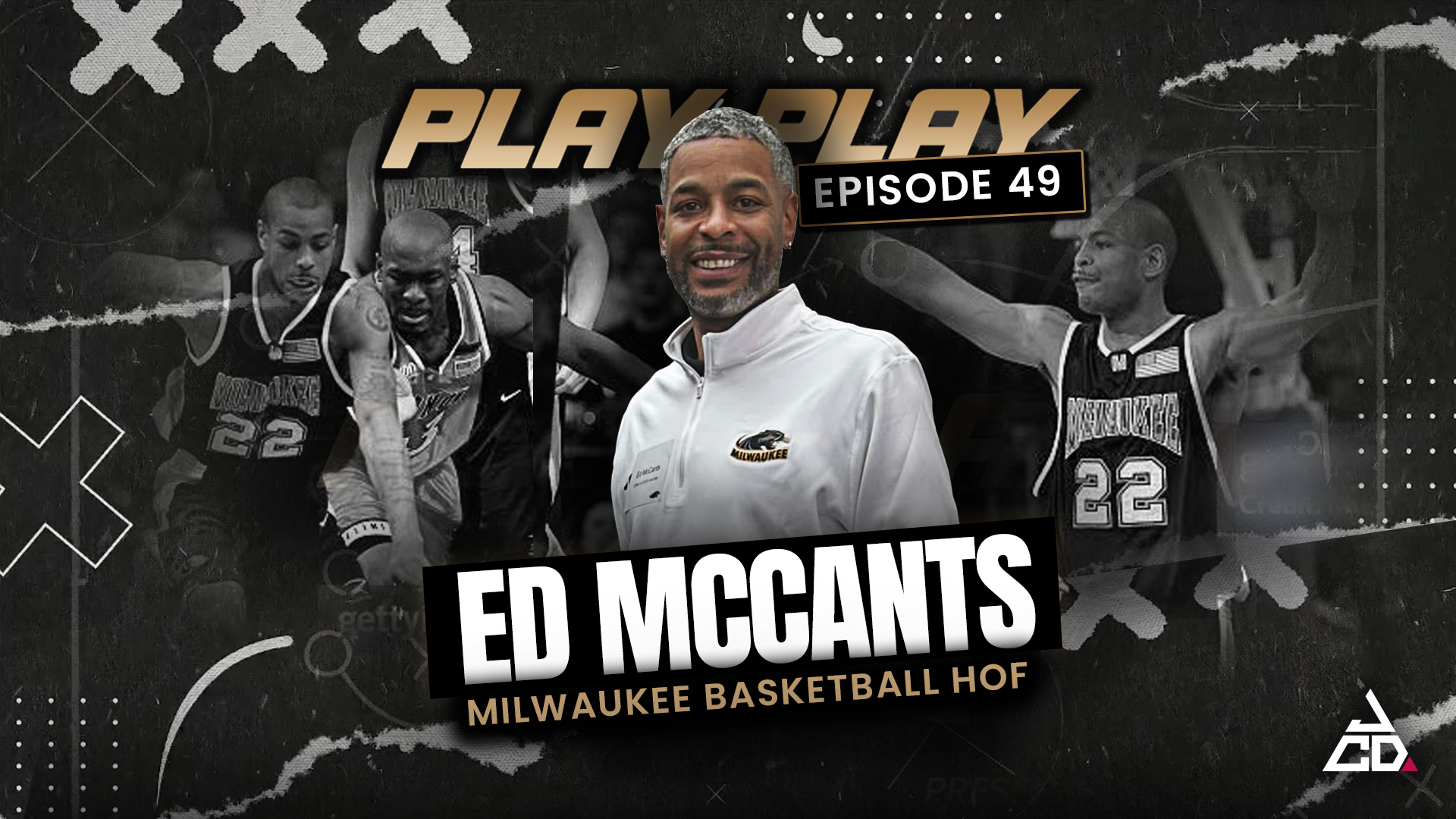
This week on Play by Play with Jesse Coleman, we’re joined by Milwaukee basketball royalty, Hall of Famer Edward T. McCants! We dive deep into the world of college hoops, discussing the ever-evolving landscape of the transfer portal, the game-changing impact of NIL, and the electric atmosphere of AAU basketball. Edward shares his insights and experiences from a lifetime dedicated to the sport, offering a unique perspective on the current state of the game.
But that’s not all! We also welcome special guest Joeigh Eaton, who joins us to break down her perfect final four bracket! Yes, you heard that right! How did she do it? What’s her secret? We’ll find out as she shares her incredible journey through the tournament and offers her expert analysis.
Join Jesse, Edward, and Joeigh for a dynamic conversation packed with passion, knowledge, and a touch of bracket magic. Whether you’re a die-hard basketball fan or simply love a good sports story, this episode is a must-listen.
Presented by Win or Lose Sports and proudly sponsored by The 419 Grind, bringing you the best in local sports coverage. Don’t miss out! #finalfour #collegehoops
Basketball
Play by Play | Episode 48: Coach Precious Hands & Hoops Talk
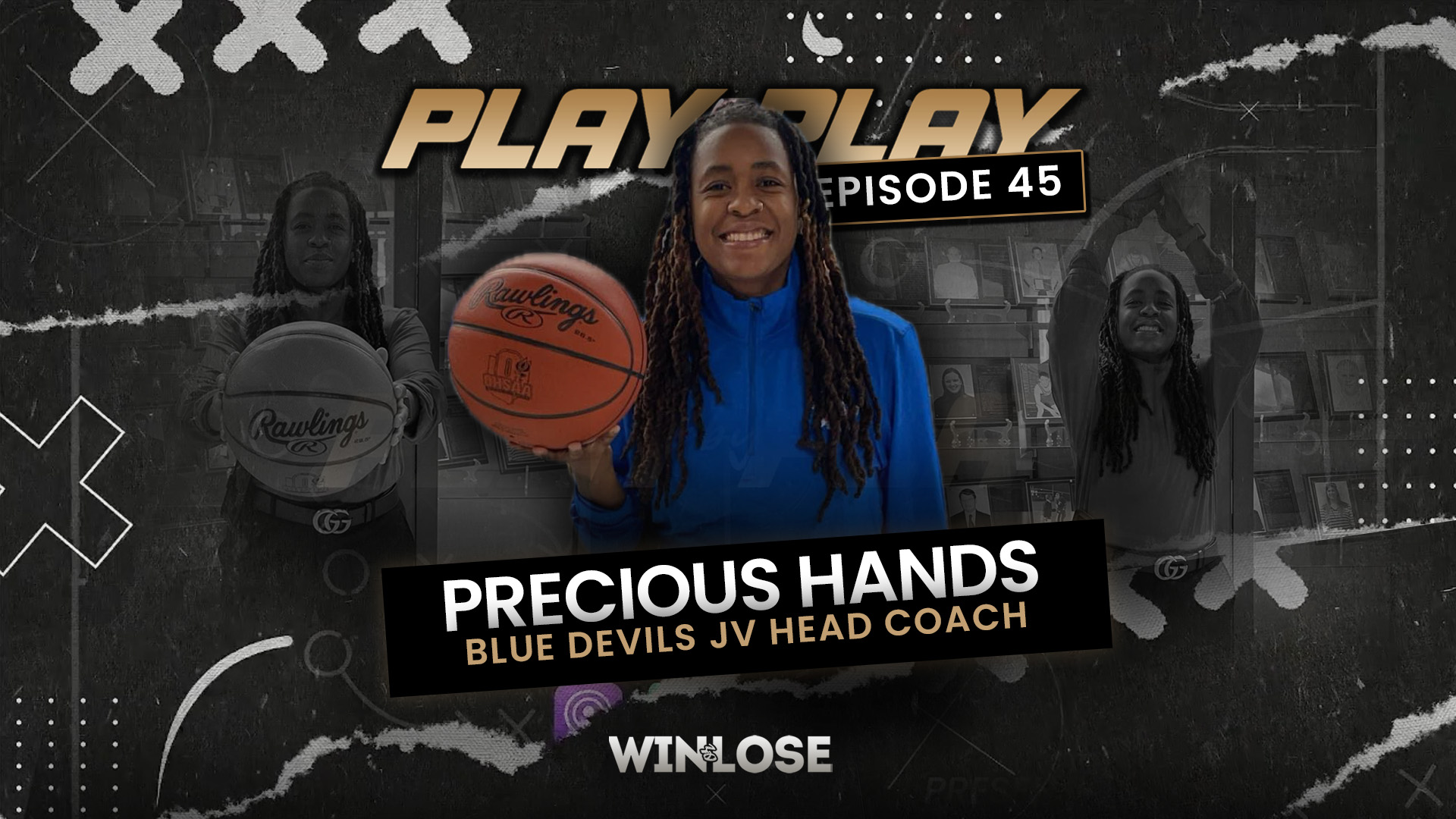
In this episode of Play by Play with Jesse Coleman, we sit down with Coach Precious Hands, JV coach for the Springfield Blue Devils girls’ basketball team. With 13 years of coaching experience, she shares her journey, the mentors who shaped her along the way, and the lessons she’s learned coaching young athletes.
We also dive into the NBA & WNBA, discussing key moves this offseason—including Toledo’s own Zia Cooke and Natasha Howard, who both found new teams. What impact will these changes have on their careers and their teams?
Don’t miss this conversation about coaching, basketball, and the evolving game at all levels!
🔔 Like, Comment & Subscribe for More Sports Talk! #PlayByPlay #JesseColeman #CoachPreciousHands #SpringfieldBlueDevils #Basketball #WNBA #NBA #ZiaCooke #NatashaHoward
Basketball
Play by Play Ep 46 – Michael Jordan, Still The Head of The GOAT Table?
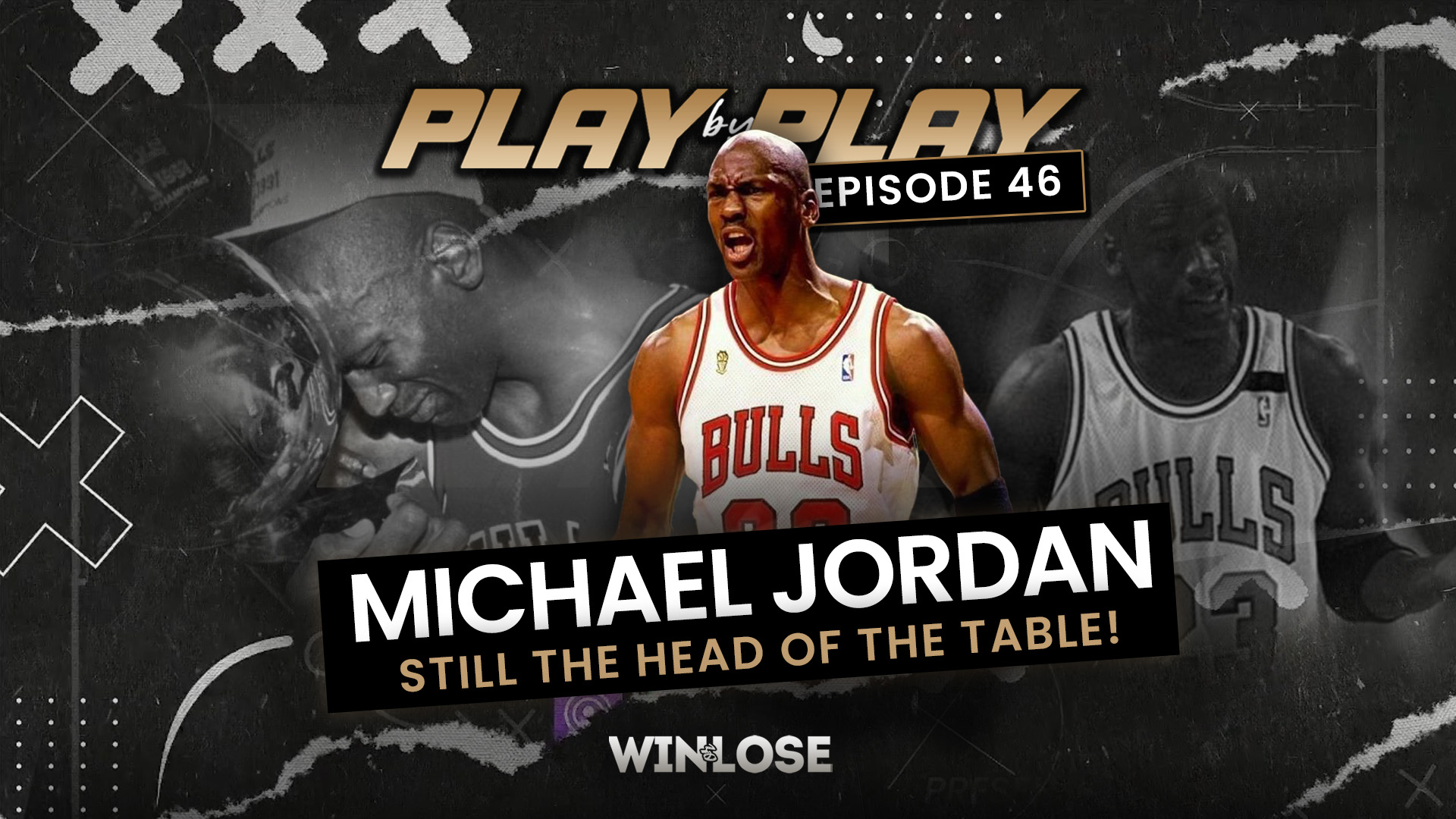
In this episode of Play by Play with Jesse Coleman, we dive into one of the most heated debates in basketball history: Who is the greatest of all time, Michael Jordan or LeBron James? Jesse breaks down their legacies, playing styles, and accolades, comparing Jordan’s unmatched dominance and perfection in the Finals with LeBron’s longevity, versatility, and record-breaking career.
From clutch performances to cultural impact, we cover every angle of the debate, exploring how their eras and influences shaped their respective greatness.
Join the conversation as we evaluate the criteria for GOAT status and ask the ultimate question—can there be more than one? #lebronjames #michaeljordan #nbagoat
-
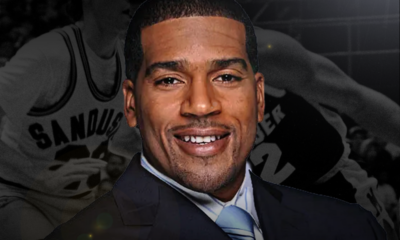
 Basketball2 years ago
Basketball2 years agoJim Jackson: From High School Champ to Elite Commentator – A Basketball Journey
-
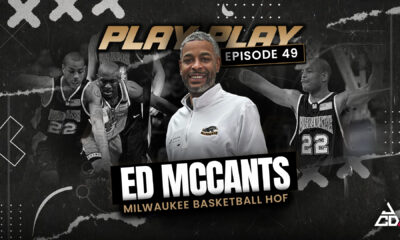
 Basketball3 weeks ago
Basketball3 weeks agoPlay by Play Ep 49 | Edward T McCants
-
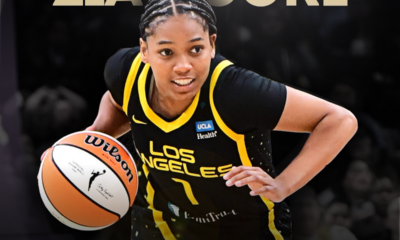
 Basketball2 years ago
Basketball2 years agoZia Cooke: Rising WNBA Star Making Waves after Remarkable College Career
-
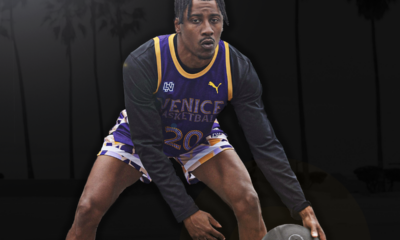
 Basketball2 years ago
Basketball2 years agoAnthony Henderson Jr.: From Hometown Hero to Hollywood Courts – A Remarkable Journey
-
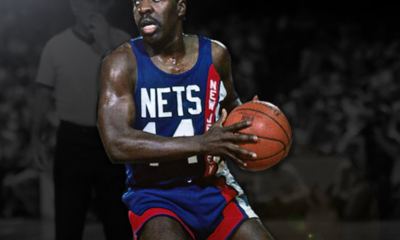
 Basketball2 years ago
Basketball2 years agoFrom the Hardwood to the Pulpit: Kelvin Ransey’s Journey of Faith and Basketball
-
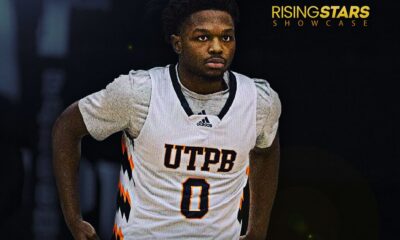
 Basketball1 year ago
Basketball1 year agoFrom Toledo’s Playgrounds to Rising Stardom: The Journey of Jequan Pack
-
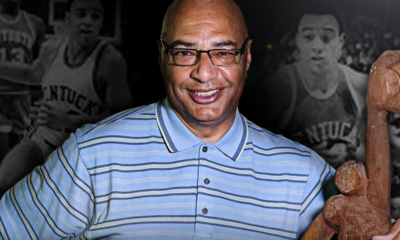
 Basketball1 year ago
Basketball1 year agoTruman Claytor: Beyond the Court – A Scott High School Legend’s Enduring Legacy
-
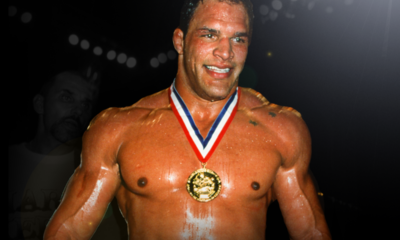
 Other6 months ago
Other6 months agoMark Kerr: From Backyard Bouts to MMA Glory

